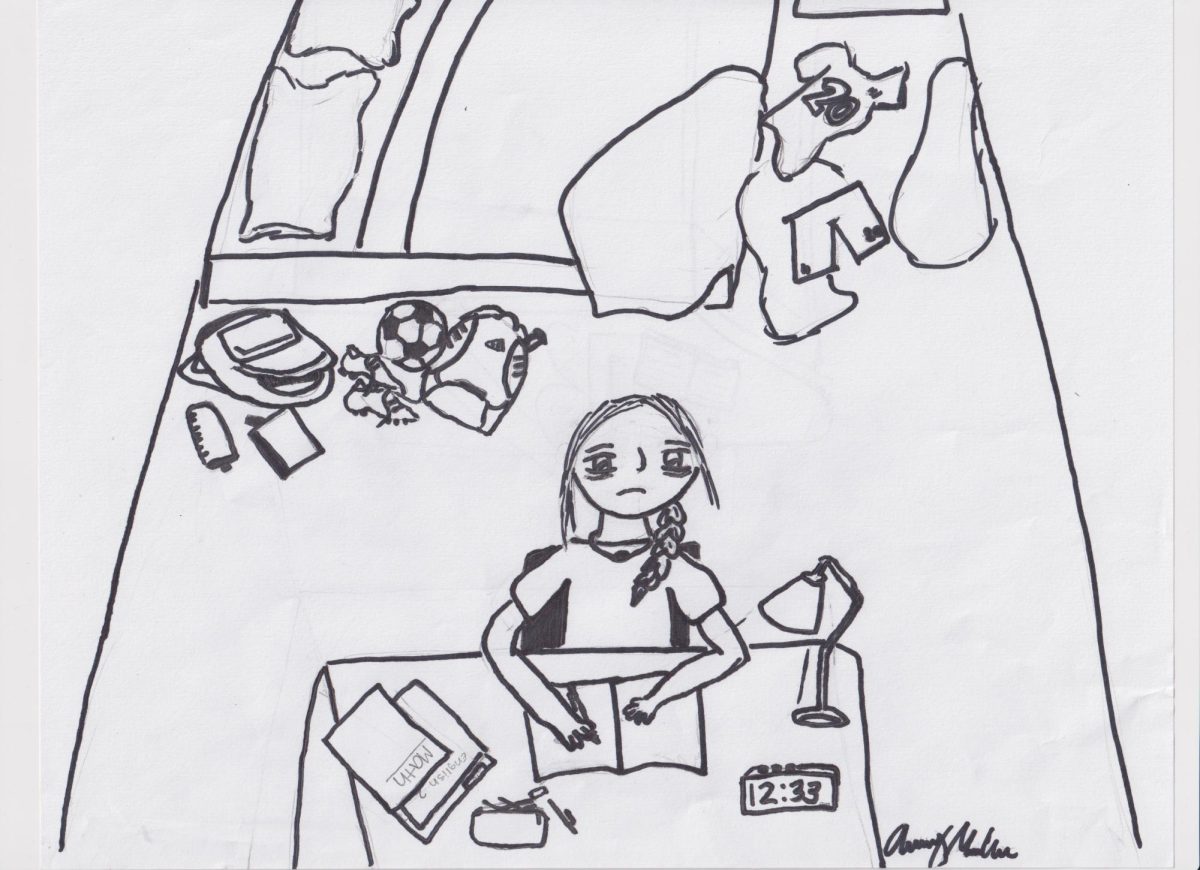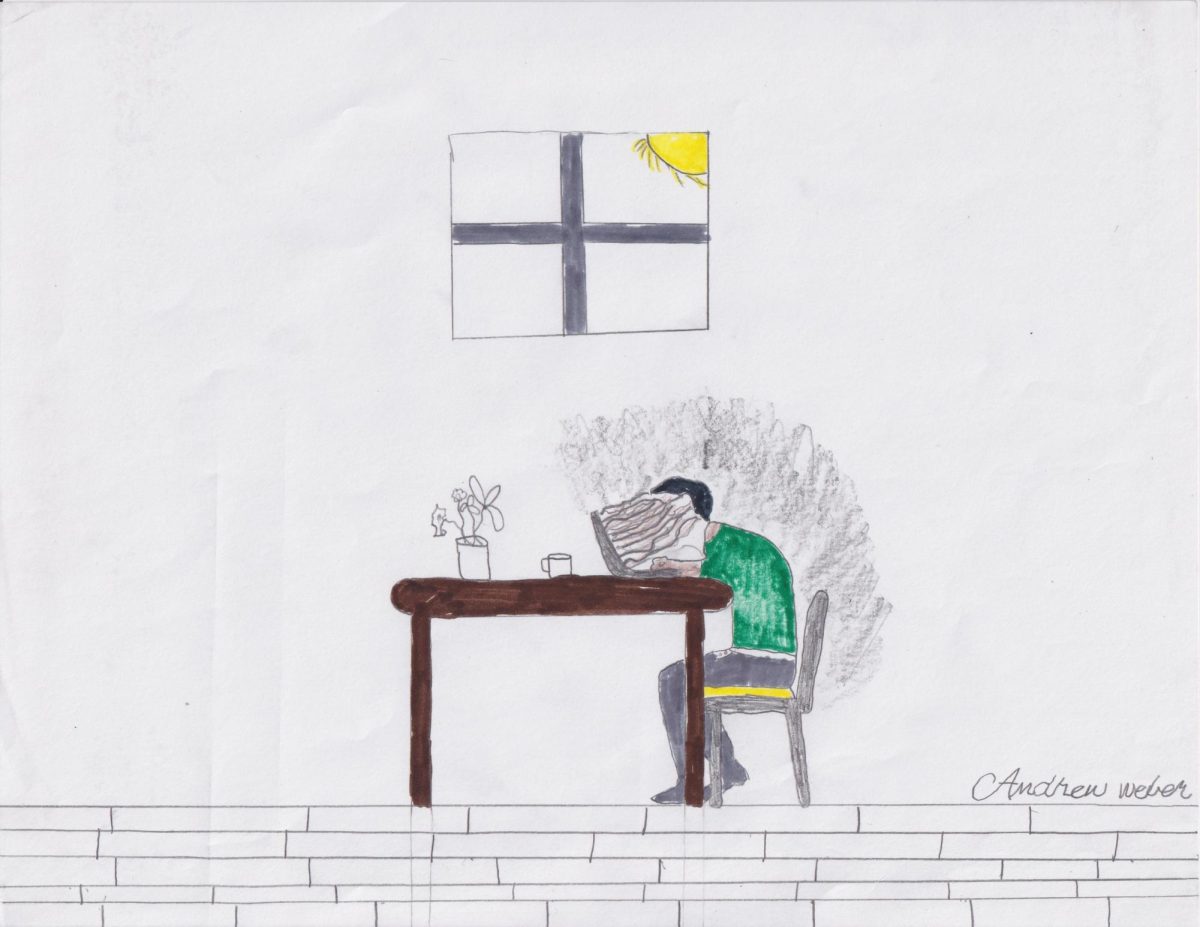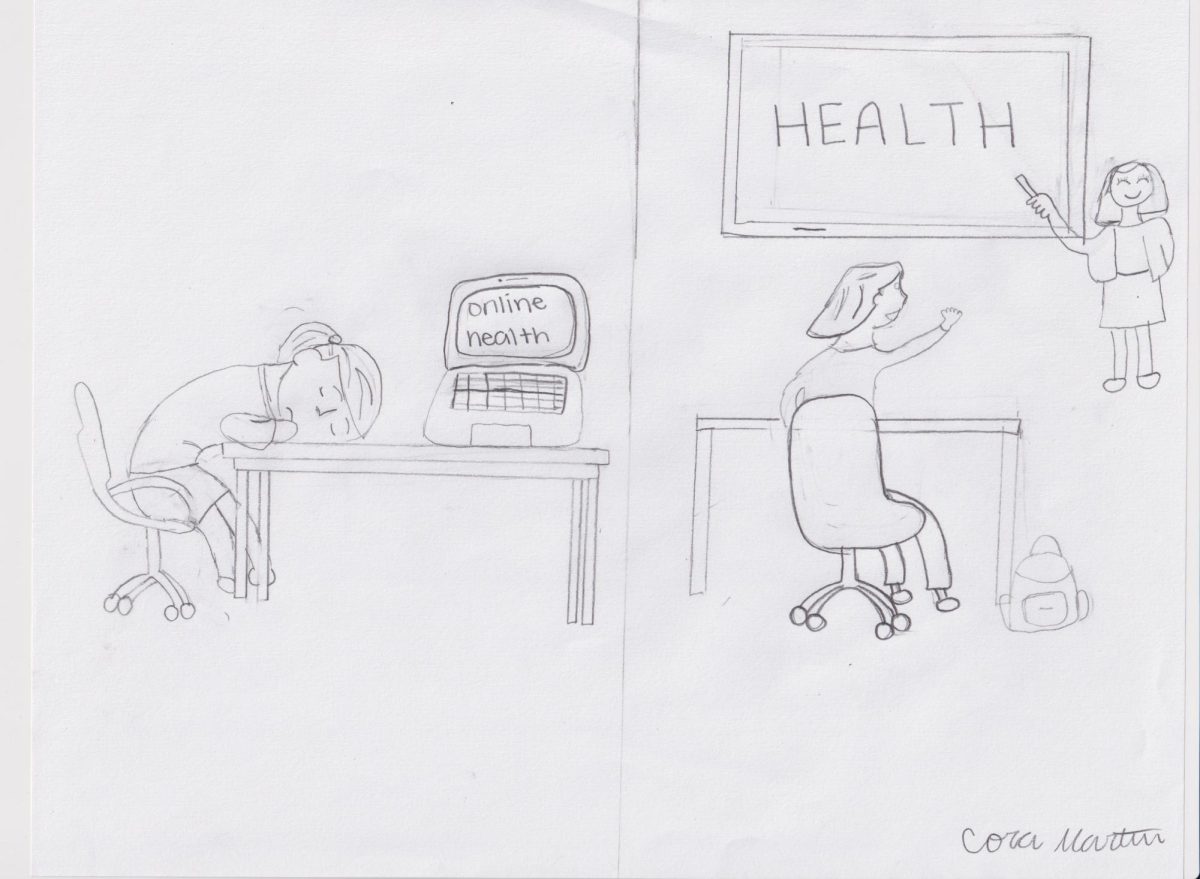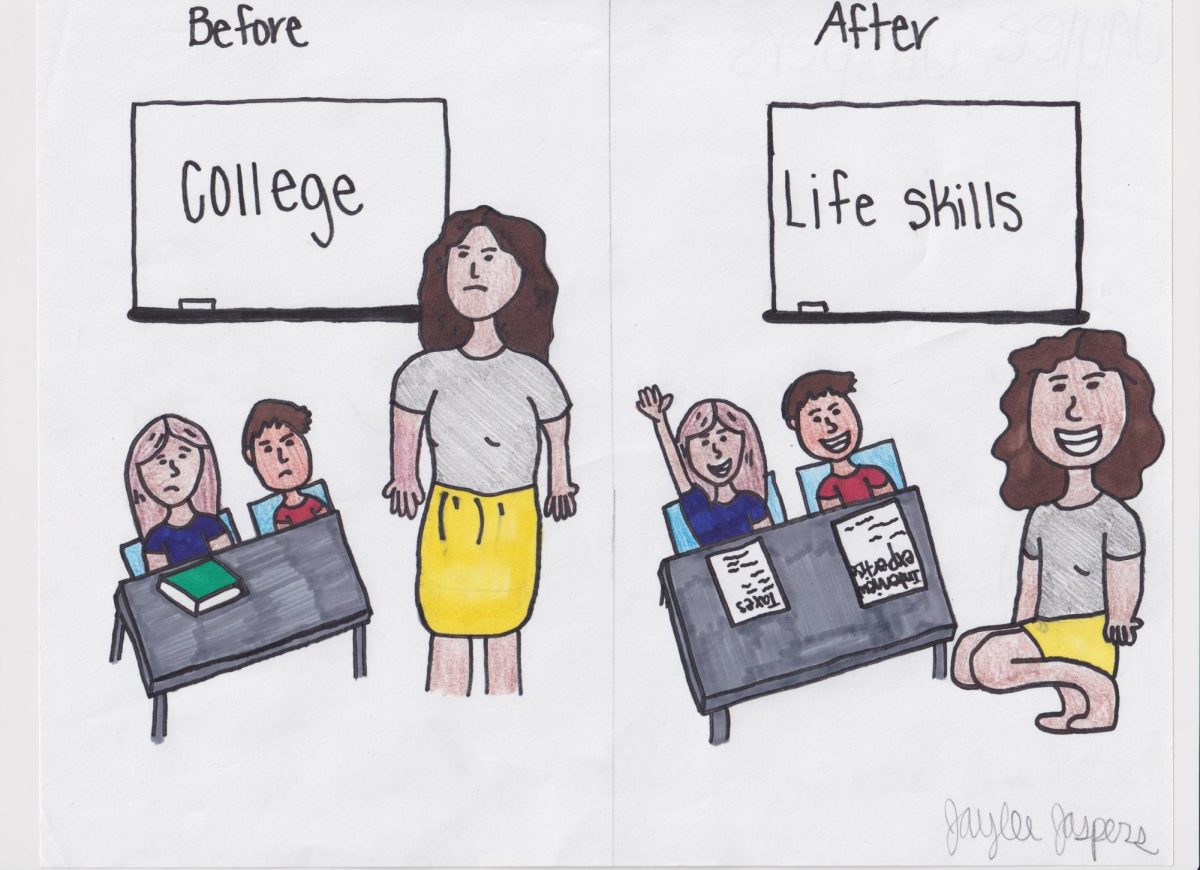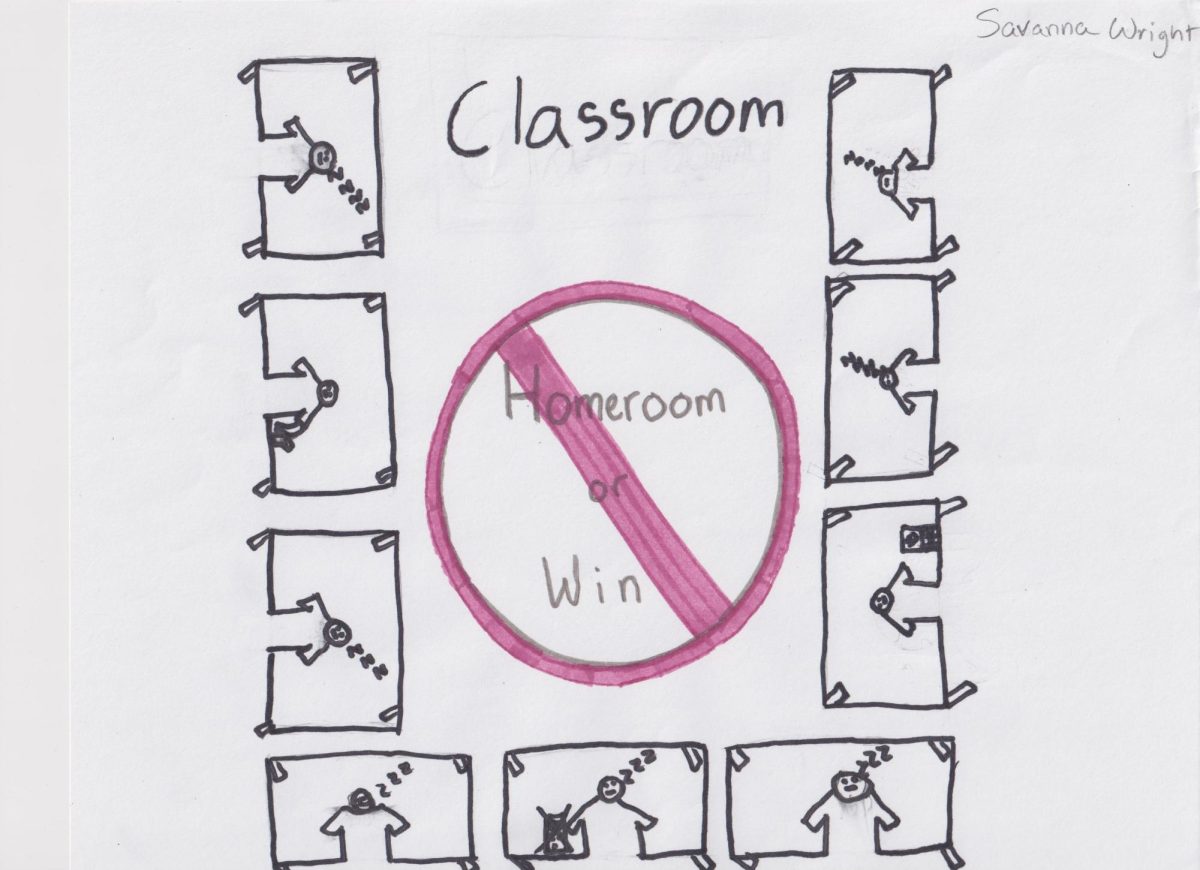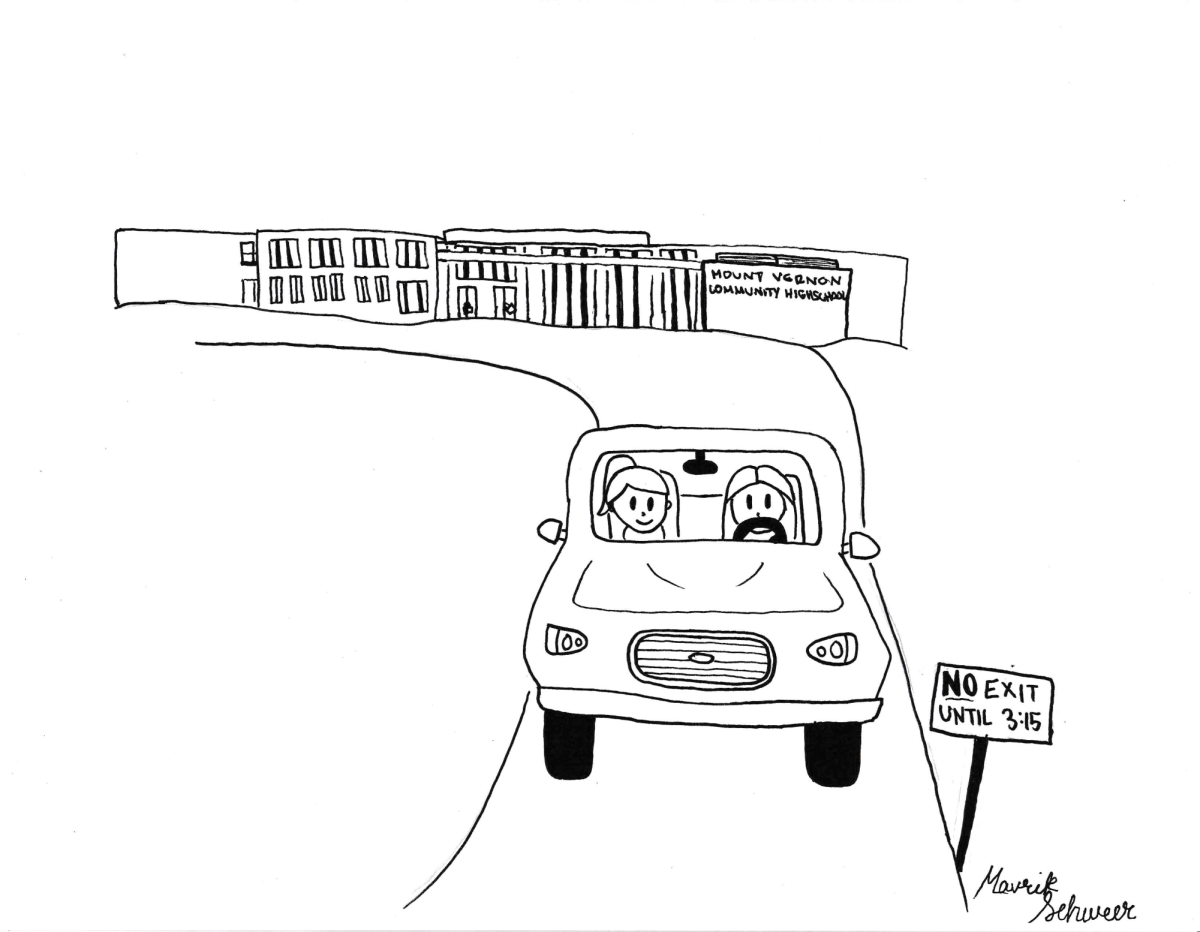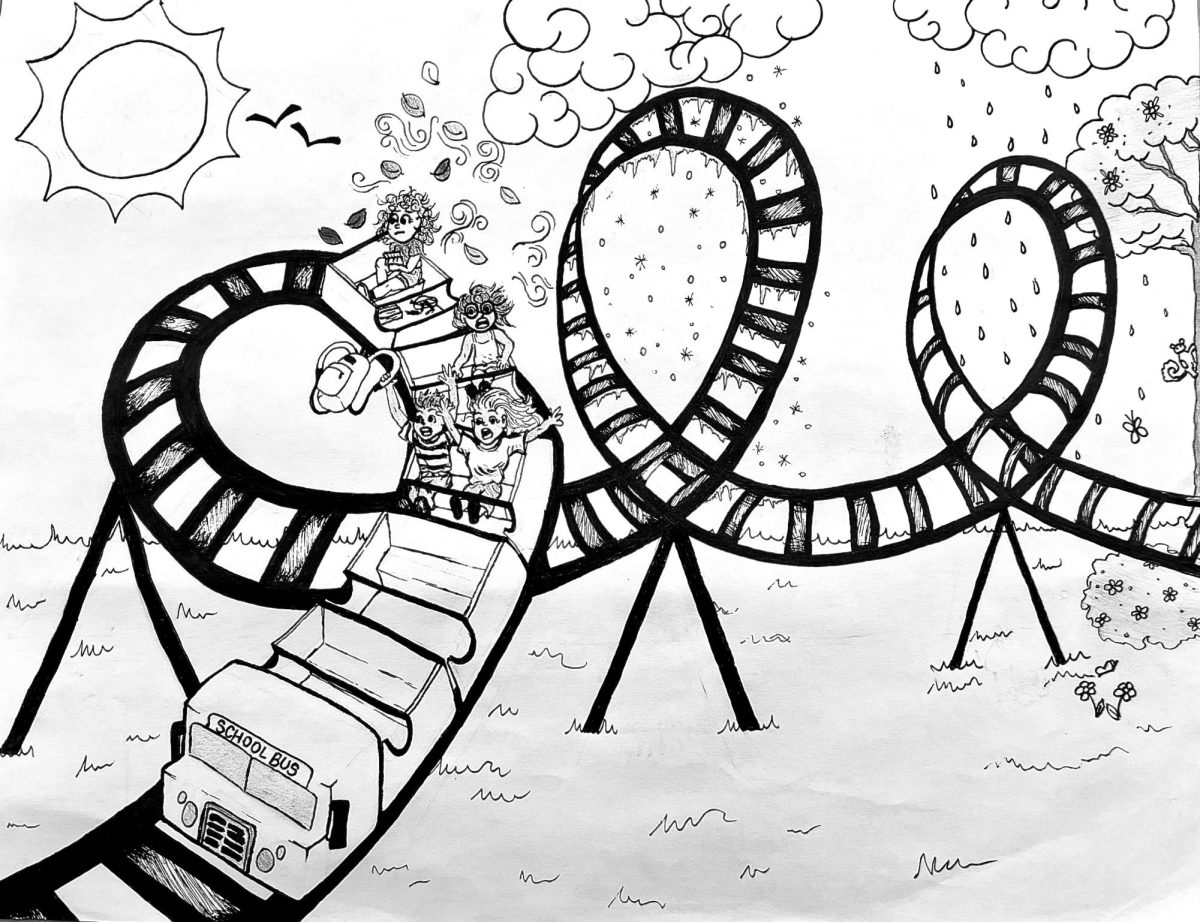Teachers should limit required homework for students. Students spend most of their day learning at school, yet they’re still expected to complete hours of homework afterwards. Instead of helping, this can often lead to stress and exhaustion.
Students spend about seven hours each day in school focusing on lessons, projects, and assignments, with a lunch break in between to rest. After such long days, they are often sent home with hours more of homework, meaning many have to stay up late just to finish their work. This results in some students showing they’re tired, stressed, and may struggle to balance their academic and personal lives.
Also, many participate in after-school activities such as sports, music, or clubs, which require even more time and energy. With such packed schedules, students deserve time to relax, spend time with family, and recharge so they can perform their best the next day.
Schools should also focus on meaningful learning during class time, not extra school work for after-school hours. Teachers typically have about 45 to 65 minutes per class to cover their subjects, and that time could be better spent allowing students to learn and practice the material in class. When students engage in hands-on work, discussions, and group projects, they are more likely to stay interested and retain that information. Completing worksheets alone at home can feel repetitive and disconnected from classroom learning.
If teachers focused on class time learning and practice, students could leave school feeling more confident instead of overwhelmed. They would have time to pursue their hobbies, develop social skills, and get the rest they need. Homework shouldn’t direct a student’s life; it should support learning, not control it.
Limiting homework would benefit the students at Mount Vernon High School because they will have more time for their lives outside of school and pursue their own passions. Schools should try to develop students both academically and personally, which requires giving them the time they need to grow outside the classroom.

